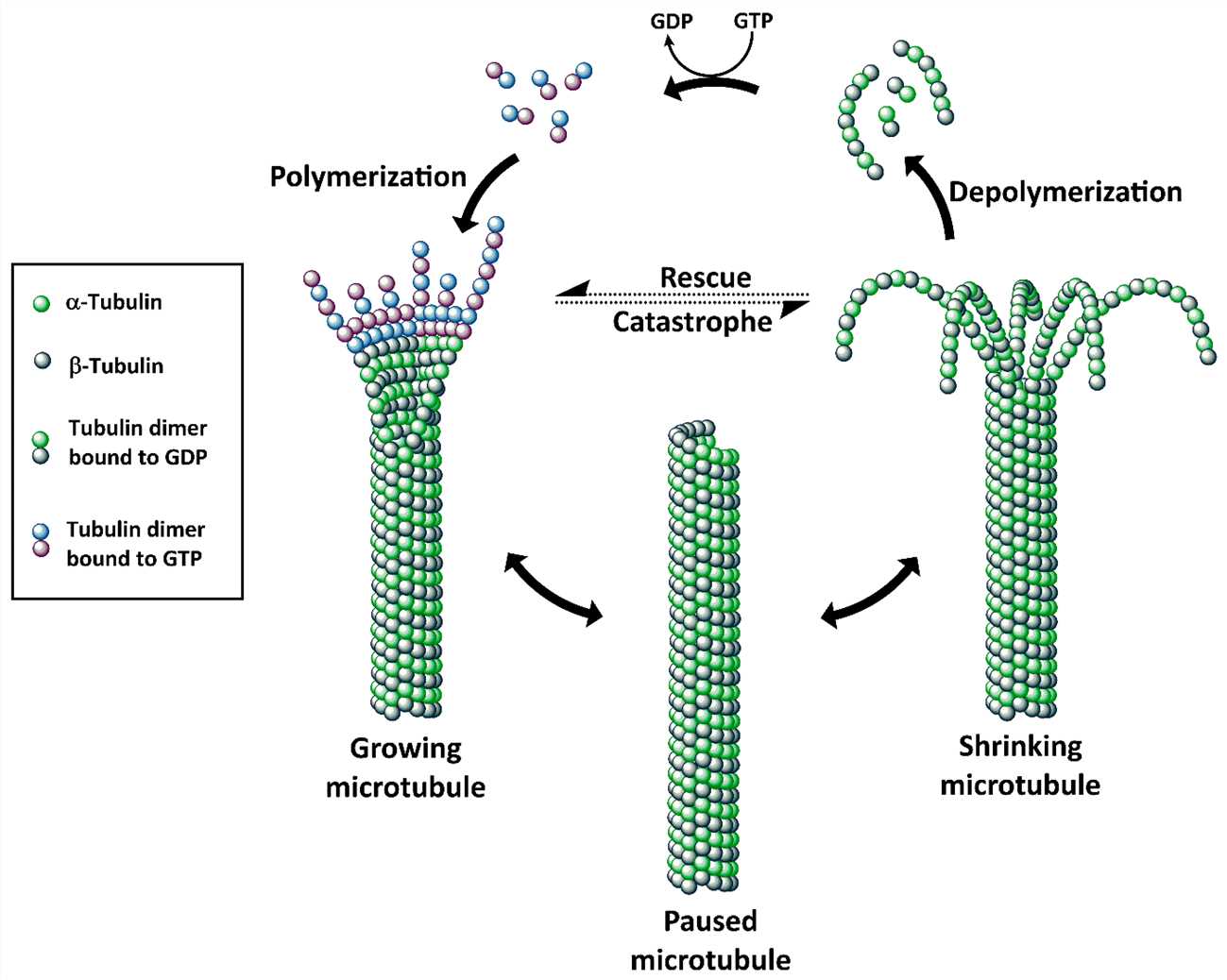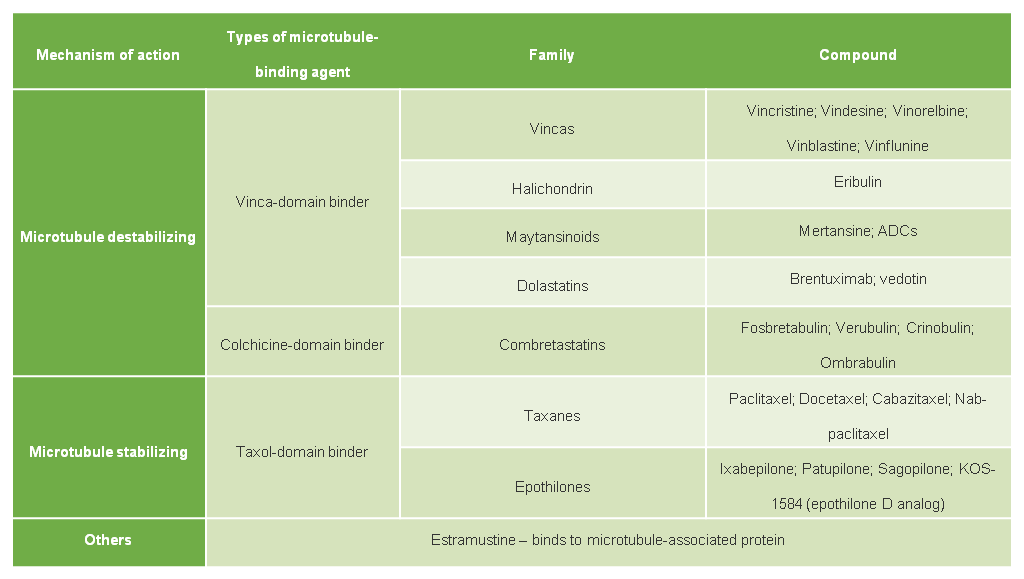Microtubule Aggregation
The rapid increase in fungal infections has exacerbated the emergency for the next generation of antifungal agents, since many of the currently available antifungal drugs have undesirable side effects, are ineffective against new or reemerging fungi, or lead to the rapid development of the resistance.
Combining our advanced technologies and long-term scientific expertise in the fields of antifungal drug discovery, Creative Biolabs has successfully developed a series of innovative and effective targets for the potential development of antifungal drugs and clinical treatment. The group of microtubule aggregation associated targets is one typical category of cellular function-related targets that we can provide for our worldwide clients.
Introduction of Microtubule Aggregation
Microtubules are dynamic filamentous cytoskeletal proteins, which play several key roles in cell proliferation, trafficking, signaling, and migration in eukaryotic cells. Similar to other eukaryotes, fungi also possess microtubules which can form mitotic spindle and participate in the nuclear movement to bud neck before mitosis and nuclear fusion after mitosis. As an important part of the cytoskeleton in fungi, microtubules have been served as important therapeutic targets for antifungal drug discovery. Microtubules aggregation and disaggregation are dynamic during the formation of heterodimers, which are composed of alpha and beta-tubulin dimers. Microtubules have become important targets of some small molecule inhibitors, collectively referred to as microtubule-binding agents (MBAs).
 Fig.1 The structure, polymerization and depolymerization of microtubules.1
Fig.1 The structure, polymerization and depolymerization of microtubules.1
Mechanisms of Microtubule-binding Agents (MBAs)
The MBAs most widely used in the clinic can bind to tubulin and/or microtubules, altering microtubule polymerization and dynamics in diverse ways.
- Destabilization and Stabilization of Microtubules
- Antiangiogenic Effects and Associated Vascular Disruption
- Suppression of microtubule dynamics
Microtubule-destabilizing drugs and microtubule-stabilizing drugs are two diverse groups of MBAs in antifungal therapy, while the former is commonly referred to as antimitotic drugs because of the ability to cause mitotic arrest and produce cell death. Microtubule-destabilizing drugs can inhibit microtubule polymerization via typically binding to the vinca or colchicine domains. Vinca-domain binders include the vinca alkaloids while colchicine domain binders comprise of colchicine and analogs. Microtubule-stabilizing agents promote microtubule polymerization at high drug concentrations.
It is documented that vinflunine (a novel fluorinated vinca alkaloid) can induce a rapid change in the morphology of endothelial cells and disrupt the network of capillary-like structures, indicating potential vascular-disrupting activity. Furthermore, vinflunine also shows antiangiogenic properties.
The MBAs that increase or decrease microtubule polymerization at high concentrations can potently suppress microtubule dynamics at 10 to 100-fold lower concentrations. It is notable that both kinds of microtubule regulating drugs can kinetically stabilize the microtubules without changing the microtubule polymer mass.
Microtubule-binding Agents Currently in Clinic
There are a large number of MBAs currently in clinical practice or undergoing clinical trials.
 Fig.2 Microtubule-binding drugs in clinic.
Fig.2 Microtubule-binding drugs in clinic.
Advantages of Microtubule Aggregation Targets
- Effective for A Broad Spectrum of Fungi
- Direct Killing of Fungi
- Minimal Side Effects or Toxicities
With state-of-the-art equipment and a team of highly skilled and dedicated professionals, Creative Biolabs can offer a comprehensive range of microtubule aggregation-related targets for antifungal drug discovery. We are glad to offer our customers high quality and reliable services to support their research and programs in antifungal agents development. Please contact us to learn about more information.
Reference
- Chen, H.; et al. Tubulin inhibitor-based antibody-drug conjugates for cancer therapy. Molecules. 2017, 22(8): 1281. Distributed under Open Access license CC BY 4.0, without modification.
For Research Use Only.
